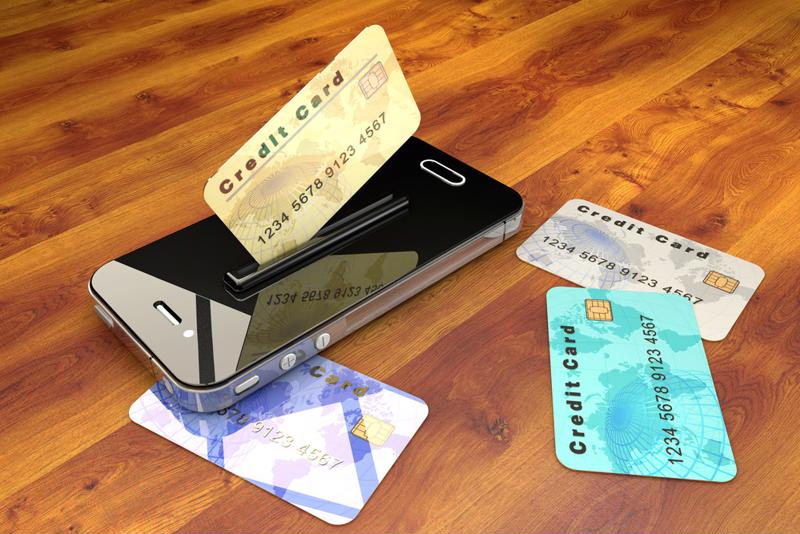We get it: Life can be hard sometimes. Despite your best intentions, you may end up with a bit of debt here, some unpaid credit cards over there, and before you know it, your credit score has plummeted.
While this isn't an ideal situation to be in, it's also not the economic death sentence you might think it is. A low credit score can affect you, but it doesn't have to limit your purchasing power, especially when it comes to buying a car. If you're currently sporting a sub-prime credit score – a score below 640 – here are six things you can do to help dig yourself out of that debt cycle.
1. Pay your bills
It may seem like a no-brainer, but paying down your credit card bills on time is perhaps the most effective way to revive your credit score. What's more, not paying your bills – or paying them late – can wreak absolute havoc on your credit score, perhaps faster than any other factor.
Of course, paying your bills on time is often easier said than done. Fortunately, there are ways to ensure that you're paying on time. Many companies can send you email or text message alerts when a bill is due. If you still don't trust yourself to make timely payments, you may need to set up an automatic payment on a set date every month.
2. Reduce the amount you owe
Owing a lot of money to creditors also negatively impacts your credit score. The more outstanding debt you have, the larger the effect on your credit score. This is true for debt use as well – a term indicating how much of your available credit you're using. NerdWallet noted that you should try and keep this below 30 percent for the most optimal effect on your credit score.
 Having multiple credit cards open at once can drop your credit score.
Having multiple credit cards open at once can drop your credit score.3. Don't take out more credit cards
If you find yourself swimming in debt, you may be tempted to take out another credit card to help ease the burden in the short term. Resist this urge. For starters, the number of active credit accounts you have open impacts your credit score, so you aren't doing yourself any favors by taking on a new financial responsibility. More importantly, opening a new credit account to pay down an existing card will just put you on the fast track to a debt cycle. Instead of paying off debt that you owe, you're just shuffling it from one account to another, and maybe accumulating more along the way.
4. Don't raise your credit limit
Whether you're short on cash for the month or are worried about your credit usage rate, raising your credit limit is an option many people consider. It may help by giving you immediate access to additional funds, but it's also not great for your credit score. Asking to raise your credit limit flags you as a debt risk, which may reflect on your credit report.
"It's better to pay down the nickel-and-dime amounts."
5. Consolidate balances
Go through your wallet and take a look at all the credit cards in there. Do you know what the balance is on each of them? You may think that putting $20 on this card and $50 on that card can help by keeping your respective credit usage rates low, but this isn't the case. In fact, your credit score takes into account how many accounts you have that are carrying balances. It's better to pay down the nickel-and-dime amounts on your cards and keep your credit spending to just one.
6. Develop a history of "good debt"
It's not that creditors want you to have no debt to your name, they just want to make sure that you're capable of paying it back. Having outstanding debt on your credit report can actually be a good thing if you can demonstrate that you consistently make your payments on time. In fact, if you're worried about your poor credit score hampering your ability to buy a car, don't fret. You can likely still get financed for a loan with poor credit, and making regular, on-time payments toward your car will do quite a bit to bring your score back up.
For more information on how finding the perfect used vehicle can help you recover your credit score and to find the car that's right for you, head to New Jersey State Auto Auction.



